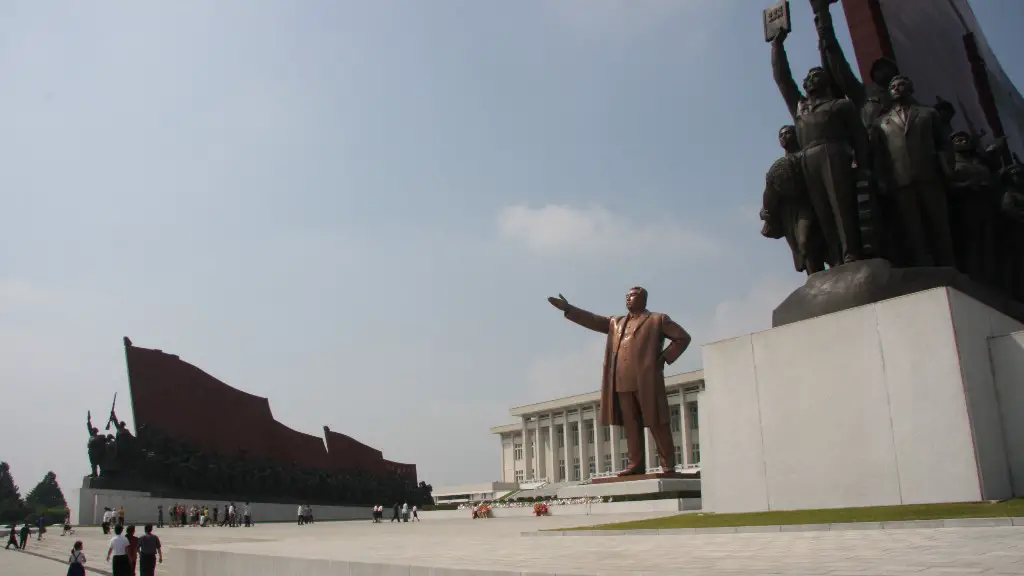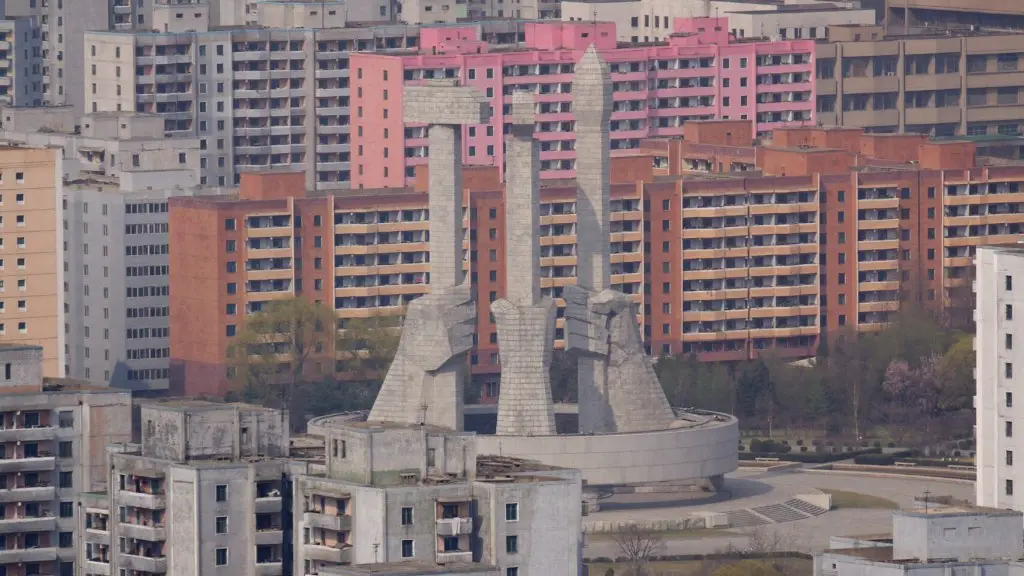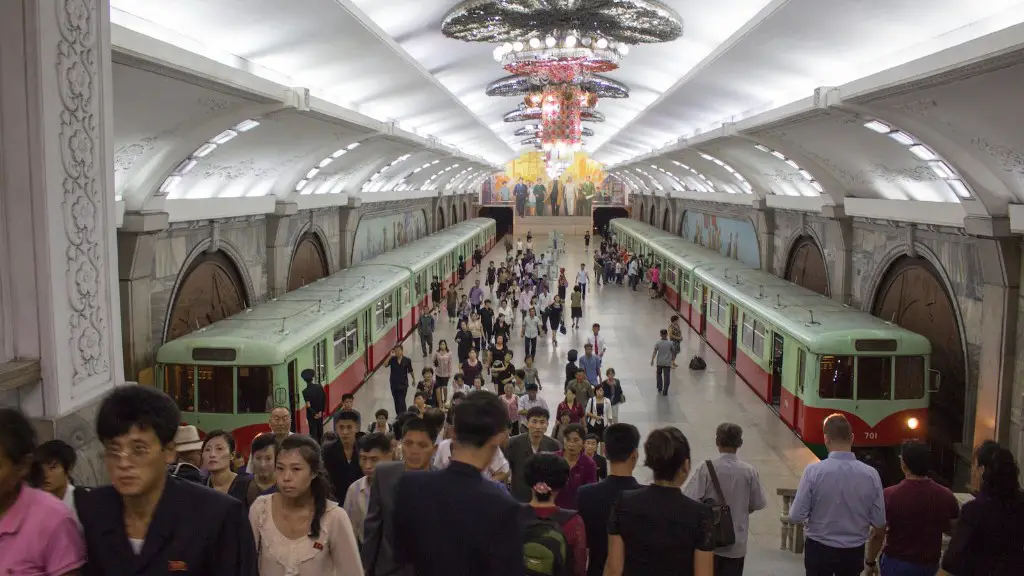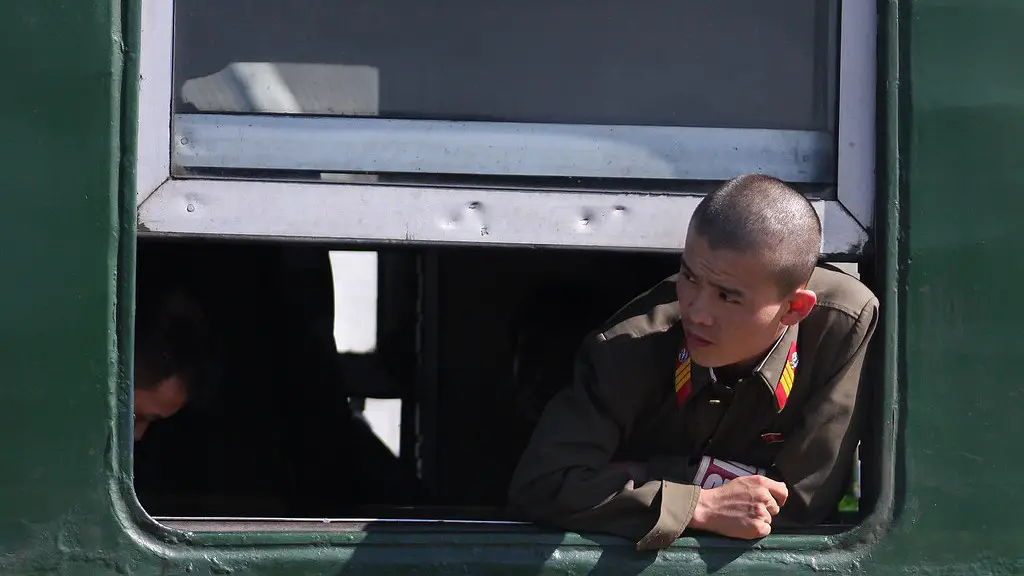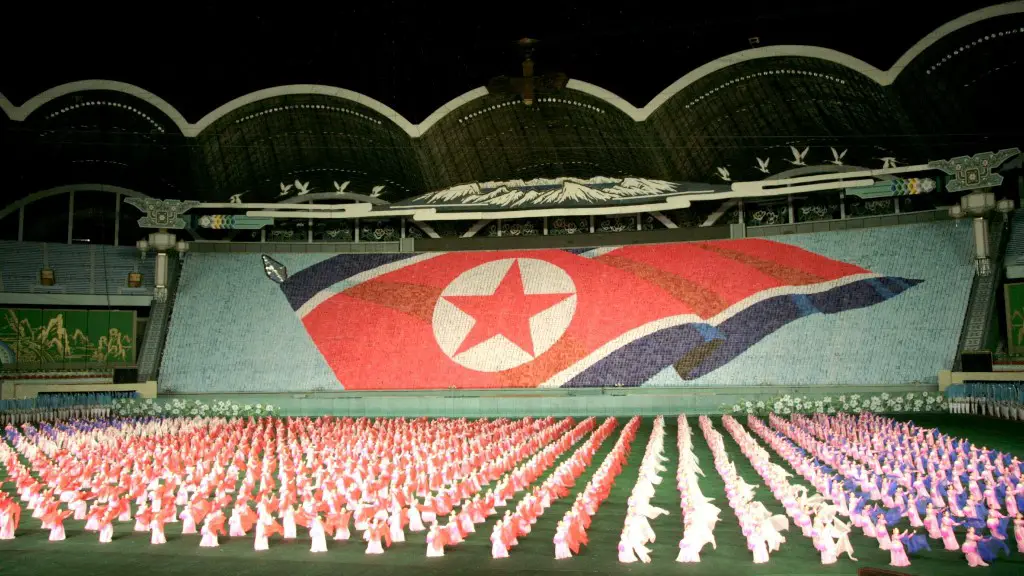In the wake of its recent weapons tests and nuclear threats, much attention has been given to North Korea. Despite the international sanctions North Korea is enduring, it has managed to maintain its nuclear programme. This leaves many people wondering, how is North Korea able to afford weapons?
The answer isn’t quite straight forward as it involves several sources of income for the nation. For example, North Korea’s economy is largely dependent on its exports to China. Coal is its main export, which is sold to China at a reduced rate; the money generated from the coal is then used to cover the costs of weapons. Additionally, the government has an established strategy of economic diversification to earn extra income. It has opened its doors to foreign tourism, and leverages its skilled workers to produce weapons and other technological skill-oriented export goods.
North Korea is also involved in money laundering and counterfeiting activities for the purpose of generating funds to pay for weapons. It is believed that North Korea used money laundering to funnel funds generated by weapons trade into purchasing nuclear technology and equipment. There is also strong evidence that North Korea has a relationship with arms dealers in the Middle East and North Africa. It is thought that North Korea used its relationships with the dealers to acquire weapons and military equipment.
Moreover, it is believed that North Korea has been able to finance its weapons of mass destruction through foreign aid and loans. It is thought that North Korea has been able to find ways to divert or misuse foreign aid or loans to pay for its weapons programmes. Although the exact amount of money North Korea has received is unknown, some estimates suggest it could be as high as $12 billion.
Analysts have also linked North Korea’s nuclear programme to its cult-like leadership. Kim Jong Un has tied his legitimacy and prominence to the development of weapons, and this is likely to have had an effect on the economy and military capabilities of the nation. Kim Jong Un has also been accused of spending a significant amount of money on vanity items and luxury goods, which could be used to finance his nuclear ambitions.
Although the exact amount of money North Korea has spent on weapons is unknown, it is clear that it has managed to find sources of income to pay for them. Whether through foreign aid, counterfeiting activities or coal exports, North Korea has managed to fund its weapons of mass destruction. This leaves us all wondering what other ways the international community can pursue in order to limit the country’s access to the nuclear technology necessary for its weapons programme.
North Korean Strategy in Disguise
North Korean strategy often operates in disguise, disguising its weapons programs with cultural events, sports teams, and even family vacations. For example, North Koreans recently spent a third of their state budget travelling abroad to the 2018 Winter Olympic Games in South Korea, as well as other international events. It is uncertain how much of this expense was intended to advance the country’s weapons programs, but it is clear that North Korea is willing to prioritize its access to the technologies and personnel necessary for these programs in the face of austerity.
Additionally, North Korea has funneled money towards the Kim Family by paying off corrupt “style advisors”, who are agents and technicians working behind the scenes to support their goal of maintaining a powerful military. Given the magnitude of corruption, it is difficult to figure out the exact sum of money North Korea has been able to dedicate to weapons programs. Nevertheless, this expenditure likely serves as an additional source of income for the Kim family to expand and add to their already vast stockpile of weapons.
Finally, North Korea’s strategy of economic diversification has also helped to cover the costs of its weapons program. The government has opened up to foreign investors and opened new opportunities for business. Moreover, the country’s illicit activities such as drug trafficking and arms dealing have also allowed it to generate the necessary funds for its weapons purchases.
The Impact of Sanctions
The international community has responded to North Korea’s weapons of mass destruction by implementing stringent sanctions. Despite the sanctions, North Korea has been able to continue to develop and expand its nuclear capabilities, leading some to claim that they have been ineffective. For example, North Korea has been able to acquire the funds necessary to buy goods and materials necessary for the development and expansion of their nuclear programme, including uranium, metals, and satellites.
In addition to the sanctions, the UN Security Council has also imposed several arms embargoes on North Korea. However, these embargoes have been relatively easy for North Korea to circumvent, as the country has developed a network of dealers willing to break international laws and supply goods in order to receive a payment from North Korea.
The international community has found it difficult to deny North Korea their access to funds due to the state’s development of a closed economy. North Korea has created a system of cross-border trade and smuggling, further complicating the task of stopping the country’s access to materials needed for its weapons programme.
Therefore, even with the sanctions in place, North Korea has still been able to acquire the necessary materials to finance its weapons of mass destruction.
The International Response
Given the difficulty of completely stopping North Korea’s access to funding and materials, the international community has shifted its focus to other measures. For example, the international community has been using financial coercion to force North Korea to reduce its reliance on weapons programs. This includes imposing limits on both North Korea’s banks and the country’s access to the international financial system, further raising the cost of maintaining its weapons programmes.
For example, in 2019 the United States issued a series of sanctions on the Foreign Trade Bank of North Korea, which limited its access to banking services with foreign countries. Although it is impossible to say just how much money North Korea is short from these sanctions, it is clear that financial coercion does have an effect and can make weapons programs more difficult for North Korea to maintain.
Additionally, the international community has been able to raise the costs of trade and economic activities with North Korea. For example, in 2019 the United Nations proposed to significantly cut all non-food imports from North Korea, in an effort to reduce revenues generated by North Korea’s nuclear weaponry, as well as limit North Korea’s access to foreign currency.
The international community has also shifted its focus to technology. The United Nations has passed regulations that impose limits on North Korea’s access to certain technologies, thereby making it more difficult for the country to acquire the necessary materials and personnel needed to maintain weapons programs.
Conclusion
It is clear that North Korea has managed to find ways to pay for its weapons of mass destruction, despite the international sanctions and financial constraints placed upon it. The country has developed a complex network of economic activities, from foreign aid to money laundering and arms dealing, that have allowed it to funnel funds into its weapons programs. Although it is uncertain how much money North Korea has actually spent on its weapons and how successful the international community has been in reducing it, it is clear that the international community is taking steps to limit the country’s access to the technology and personnel necessary to maintain its weapons programmes.
